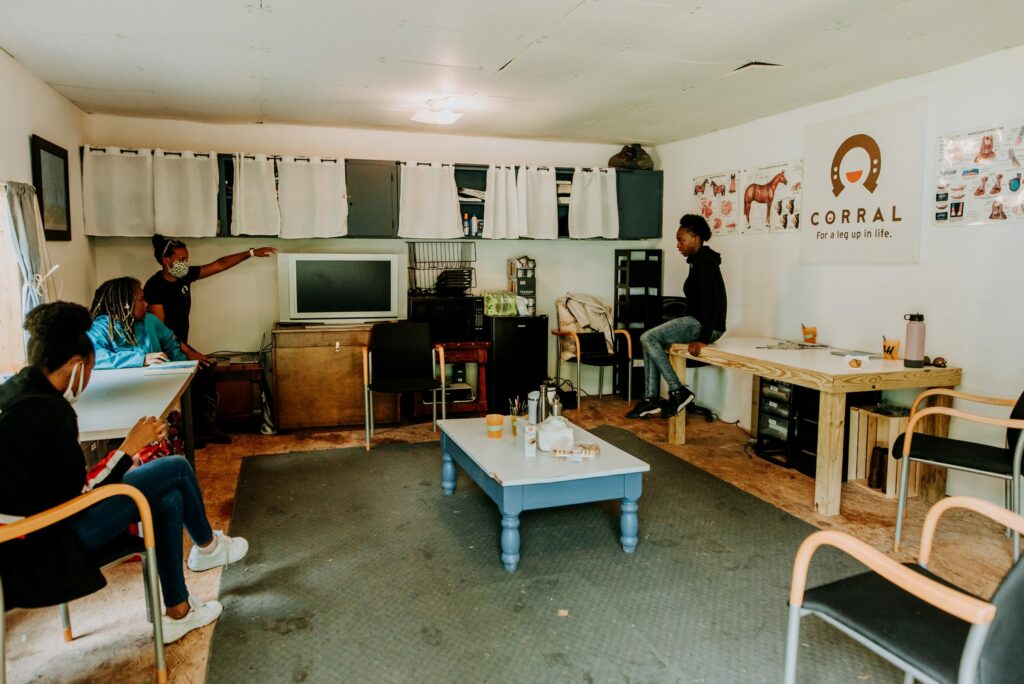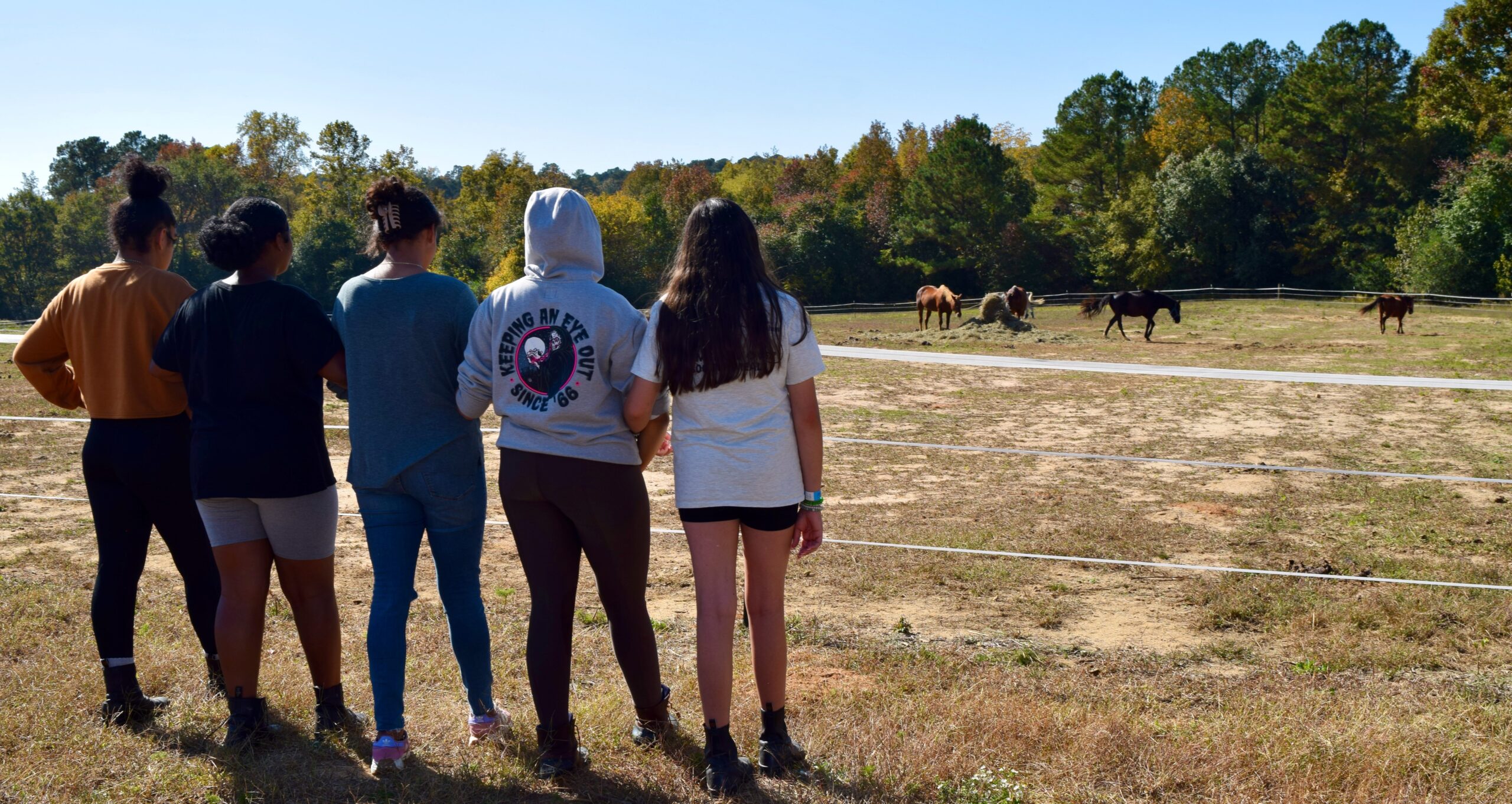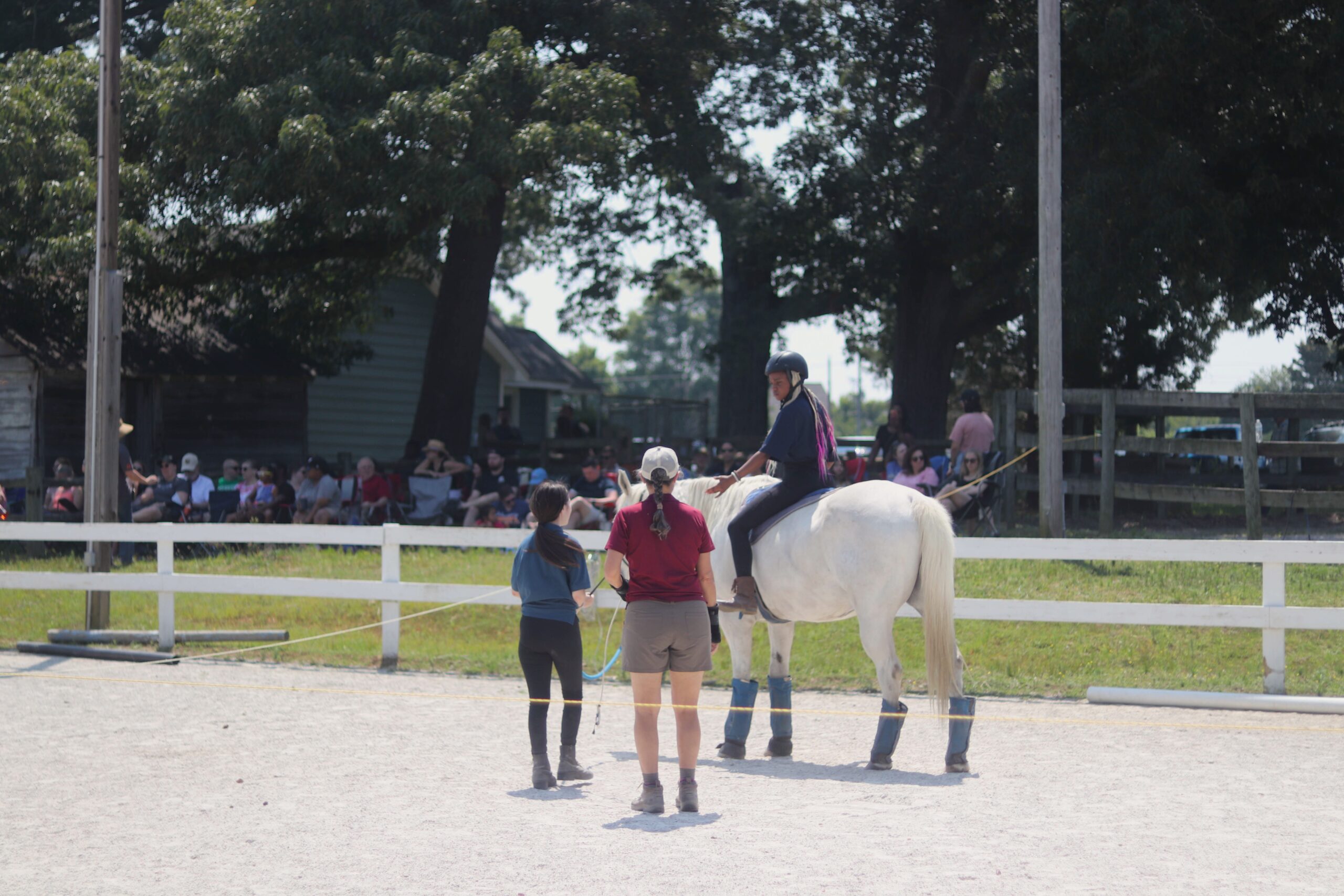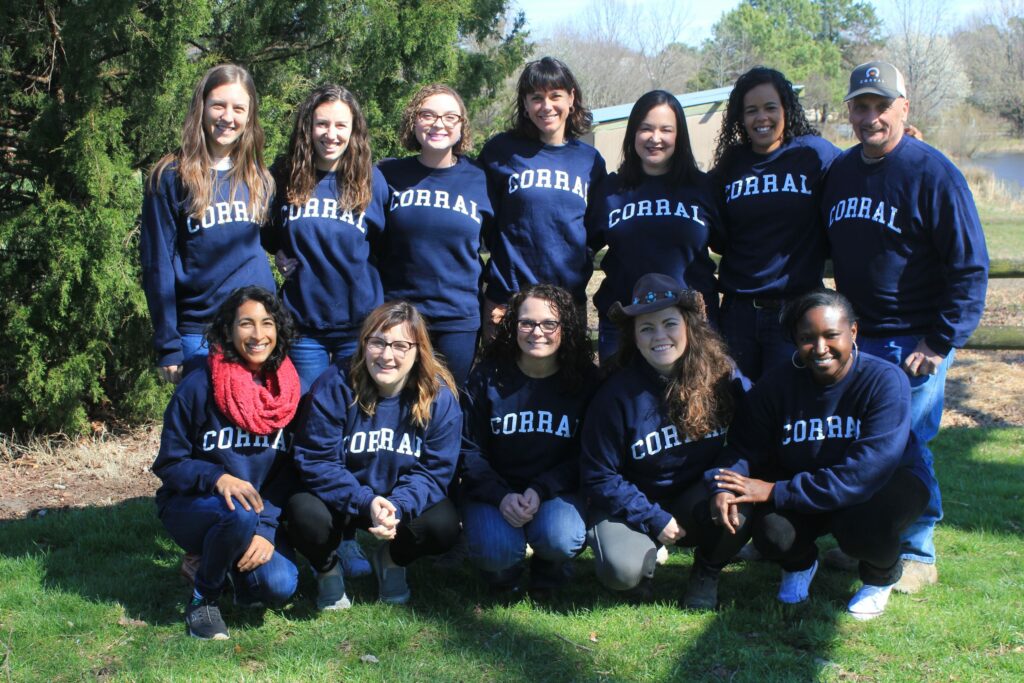She’s independent. She’s mature. She doesn’t require much help.
These sound like positive qualities for a woman. The problem is when people inappropriately attribute them to young Black girls—not because of individual behavior or maturity level, but as a result of gendered racial bias. The results may negatively influence their paths.
In 2017, The Center on Poverty and Inequality at Georgetown Law published the first quantitative study examining this phenomenon relating to Black girls, calling it adultification bias. Building on previous research indicating that adults often perceive Black boys as older than they are and punish them accordingly, this study surveyed adults, the majority of whom were white, about their perceptions of Black and white girls.
The study showed that participants perceived Black girls, especially ages 5-14, as “less innocent and more adult-like than their white peers.” They saw Black girls as needing less nurturing, less protection, less support, and less comforting than white girls. They also perceived that Black girls knew more about adult topics.
In 2019, the researchers performed a follow-up study surveying Black girls and women and found that the lived experiences of these participants mirrored the findings of the initial study; the participants indicated that adultification bias was very much a part of their childhoods.
In fact, in reference to the freshly labeled adultification bias, one participant said, “[I]t feels a little bit like [you’re saying], ‘Uh, yeah, so we just discovered the sky is blue, and how do you guys feel about the sky being blue?’”
What are the possible consequences of adultification?
Racial disparities in school suspensions and encounters with the juvenile justice system are longstanding and well documented. National data indicate Black girls are 5.5 times more likely to be suspended from school than white girls. This disparity begins as early as preschool. Data show Black girls account for 20 percent of girls enrolled in preschool but 54 percent of suspensions.
According to Wake County Public School System documentation for 2018-2019, which is not broken down by gender, Black students made up about 23 percent of enrollment but nearly 60 percent of suspensions.
Kids are more likely to be arrested on days they are suspended, and suspensions are linked to increased likelihood of ending up in the juvenile justice system. Black girls in the system receive more punitive treatment than their white peers.
While the reasons for these racial disparities are multifaceted, the adultification researchers suggest this bias could be an important factor, making adults more likely to identify poor behavior in Black girls as intentional and malicious—adult-like—rather than as a result of children’s normal, immature decision-making abilities. This view could lead adults to punish Black girls’ behaviors more harshly than white girls’, contributing to Black girls’ higher rates of suspension and entanglement with the juvenile justice system.
CORRAL’s work
At CORRAL, most of the girls we serve are referred to us by the public school or juvenile justice system, where adultification has played a role in many of their experiences. We recognize that this bias may have precluded our girls from receiving much-needed support and mentorship and may have contributed to punishments that exacerbated rather than resolved their behavior.
Our program seeks to combat adultification by providing our girls with the developmentally and individually appropriate support they need to thrive through tutoring, mentorship, vocational training, and mental health services. Become part of the solution by joining our mission!





